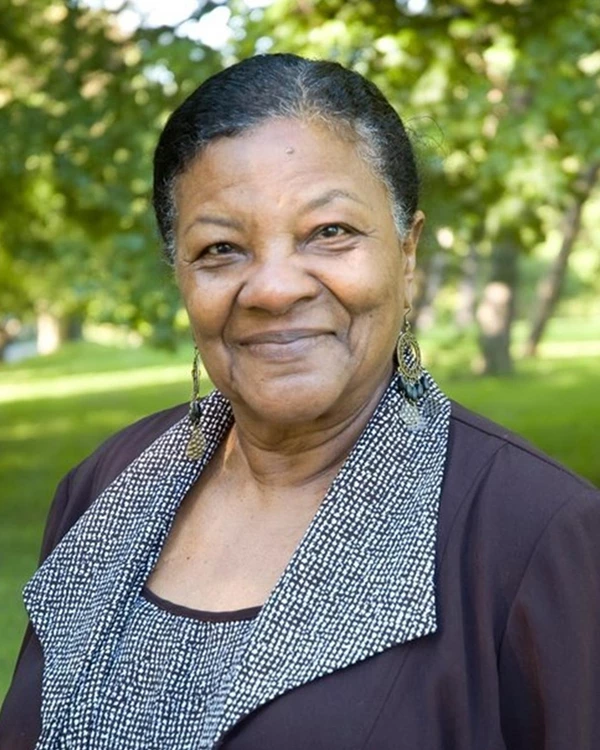Last updated: May 8, 2025
Person
Colia Clark (LaFayette)

Courtesy of SNCC Legacy Project
Colia Liddell Clark, also known as Colia LaFayette, was a prominent political and social activist in the Civil Rights Movement, leaving a lasting legacy on her community and the nation.
Born in Hinds County, Mississippi, she spent most of her childhood in Jackson. Her family frequently migrated between Jackson and the Mississippi Delta during cotton-picking season. Activism was a family tradition, as her father and maternal grandfather were involved in the Southern Tenant Farmers Union in neighboring Copiah County. Both of her parents were registered voters, and by the 1950s, voter registration activists often stayed at her mother’s house.
Clark's awareness of racial injustice was shaped by key events in her youth. She was deeply affected by the bravery of Claudette Colvin, a Montgomery student who refused to give up her bus seat nine months before Rosa Parks. The brutal murder of Emmett Till also had a profound impact on her, further fueling her resolve to fight for civil rights.
Clark attended Tougaloo Southern Christian College in Mississippi, where she played a pivotal role in promoting Black history and student activism. She founded and served as the first president of the NAACP Youth Chapter in North Jackson, Mississippi, bringing in Tougaloo sociology professor John Salter as an advisor. This chapter would later play a key role in desegregating a Woolworth’s lunch counter, a significant moment in Jackson’s history of nonviolent direct action.
In 1962, Clark left the NAACP and joined the Student Nonviolent Coordinating Committee (SNCC), working alongside notable figures like Bob Moses. She eventually rose to the position of executive secretary. While at SNCC, she focused on voter registration, encouraging African Americans to register to vote despite the dangers posed by white supremacists. During this time, she met and married Bernard LaFayette Jr., a SNCC field secretary.
In November 1962, Clark and LaFayette traveled to Selma, Alabama, to launch a voter registration campaign. They worked with the Dallas County Voters League and collaborated with local teachers and Black community members. One of the earliest participants in the movement was a group of students from R.B. Hudson High School.
By 1963, Clark and LaFayette had relocated to Selma. Clark became a SNCC field secretary, while LaFayette served as director of the SNCC Black Belt Alabama Voter Project. Her activism drew the attention of SNCC’s executive secretary, James Forman, who assigned her to support the Birmingham Campaign led by Dr. Martin Luther King Jr.
During this campaign, Clark experienced one of the most harrowing moments of her career. On May 8, 1963, she was assaulted with high-pressure fire hoses, describing it as one of the worst beatings she had ever endured in the civil rights struggle.
On September 16, 1963—just one day after the bombing of the 16th Street Baptist Church—Clark helped organize a nonviolent sit-in at Carter’s Drug Store in Selma. This event was later commemorated by the city of Selma, which officially declared September 16 as "Colia LaFayette Clark Day."
In 1964, Clark and LaFayette co-founded the Southern Organizing Committee in Nashville, Tennessee, while attending Fisk University. During this time, they also welcomed their first child, James Arthur. Nashville became a vital hub for civil rights work and served as a focal point for the growing Southern movement for social justice.
By 1973, Clark returned to Mississippi, taking on a leadership role as editor of the Jackson Advocate, one of the nation’s oldest Black-owned newspapers. Throughout the rest of her life, she remained dedicated to education, public speaking, and activism. Her efforts helped shape the Civil Rights Movement, and her legacy continues to inspire future generations to fight for equality.
Colia Liddell Clark’s story is a testament to the power of perseverance and grassroots activism. From her early days in Jackson to her key roles in Selma, Birmingham, and beyond, her contributions to civil rights remain a vital part of American history.
